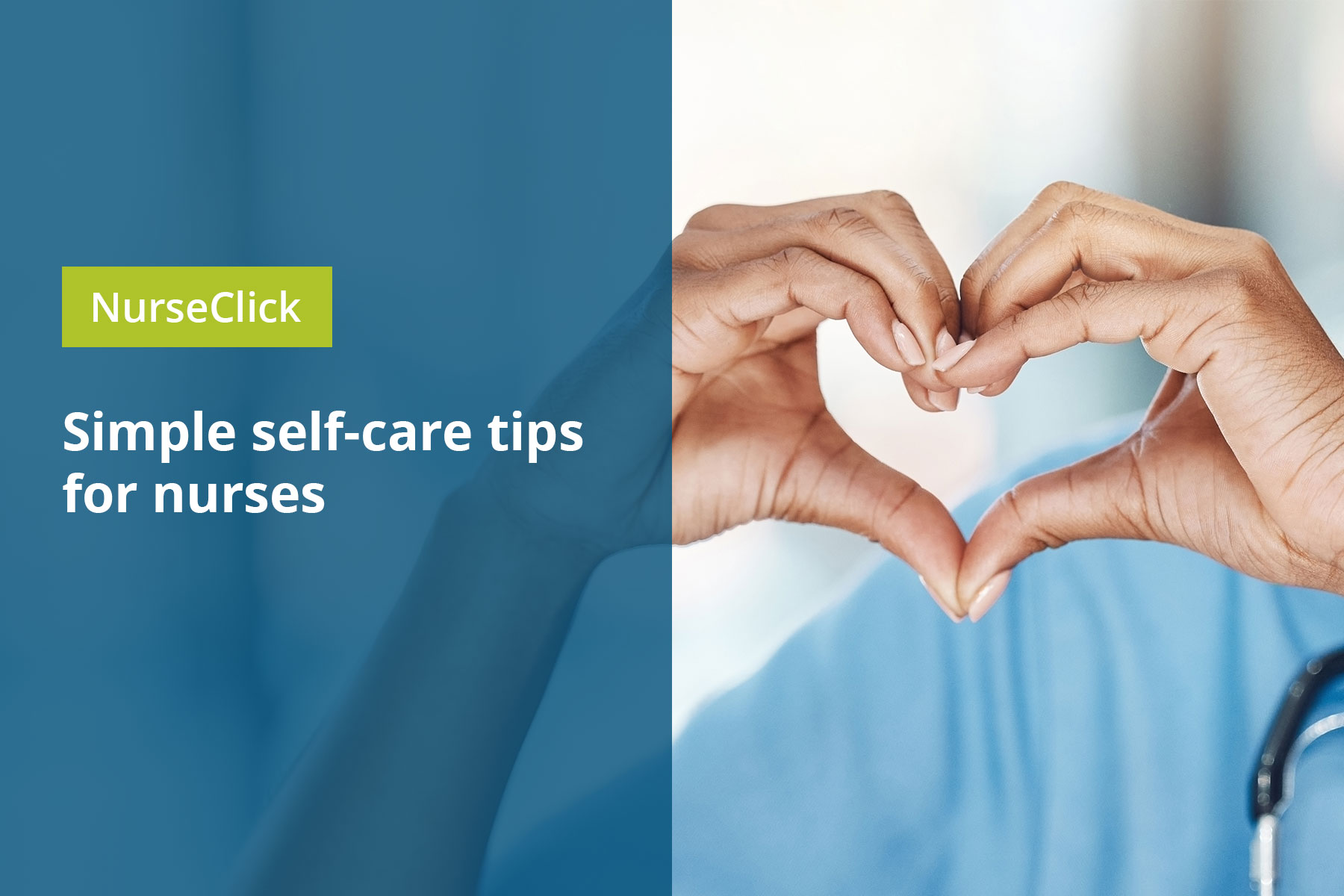As we navigated through the multifaceted impacts of COVID-19, the pandemic not only highlighted the vulnerabilities of our physical health but also underscored the pressing need to prioritise our mental wellbeing. Healthcare professionals were among the most significantly affected groups, with over 70% reporting a deterioration in their mental well-being stemming from pandemic-related restrictions and outcomes (Mental Health Australia, 2020).
As the pandemic gradually subsides, it is more important than ever to maintain our focus on mental health. Our mental health is the bedrock upon which our individual and collective capacities are built. It influences our decision-making abilities, shapes our relationships, and ultimately, moulds the world we inhabit (WHO, 2022).
Moreover, it is crucial to recognise that mental and physical health are intimately intertwined. They are not independent entities but rather interconnected facets of our overall well-being.
To help you embark on the journey of enhancing your mental health, we present five easy yet effective tips to help you combat daily stresses and work towards a healthier, happier you.

Embrace the outdoors
Engaging with the great outdoors through activities such as walking, meditating, reading, or simply sitting outside can significantly enhance our mental well-being. Nature connection has been shown to alleviate stress and improve mood, attention, and cognition. A noteworthy aspect of this connection is the exposure to sunlight, which has been distinctly associated with positive impacts on mental health. The sun’s rays not only boost our vitamin D levels but also help regulate our mood and sleep patterns. Thus, regularly immersing oneself in nature and embracing the sunlight can be a rejuvenating and transformative mental health practice.

Move your body
You don’t need to push through a gruelling workout to reap the benefits of exercise. Even gentle, consistent exercises like dancing, stretching, or leisurely walks can yield significant benefits. These activities work to mitigate stress hormones, enhance concentration, and foster better sleep quality. The ripple effect extends to reducing anxiety and elevating confidence, cultivating a positive mind-body connection. Integrating such accessible forms of exercise into your routine can act as a cornerstone for maintaining mental wellbeing, providing a natural and enjoyable pathway to balance and resilience in both mind and body.

Connect with loved ones
Never be afraid to open up and share your challenges with someone you trust. Interpersonal connection is critical to our health and wellbeing, with a strong correlation observed between the quality of our relationships and the levels of happiness and contentment we experience in other parts of our lives. Establishing a support system is a crucial strategy to safeguard our mental health, aiding in enhancing happiness, managing feelings of loneliness, and preventing social isolation.

Prioritise quality sleep
Altered sleep patterns can serve as a significant indicator of stress, reflecting the intricate relationship between our mental state and our rest. Ensuring a regular and quality sleep schedule is not just about clocking in the hours; it’s about cultivating a restful environment and establishing bedtime routines that signal to our body that it is time to wind down. This is essential for managing negative emotional responses to daily stressors and fostering positive emotions, allowing us to wake up feeling refreshed and ready to face the day’s challenges. Implementing relaxation techniques, maintaining a comfortable sleep environment, and avoiding stimulants before bedtime can further optimise sleep quality.

Unleash your creativity
Discovering and regularly engaging in an activity that brings you joy, whether it be yoga, meditation, painting, gardening, or sewing, can serve as a gateway to stress relief and self-expression. Participating with the sole intention of deriving joy encourages mindfulness, reduces stress, and fosters tranquility. Activities like painting and gardening can be especially therapeutic, providing a canvas for emotional expression and a medium to connect with nature, respectively. Creativity also nurtures self-esteem and a sense of accomplishment. Completing a creative project, no matter how small, can give you a sense of achievement and boost your confidence.
The activities shared in this article are a starting point towards fostering a healthier, happier you. If you are interested in discovering more inspiration to prioritise your mental health, we invite you to join our NurseStrong Facebook group, a safe space where nurses support each other on their health and self care journeys. Your wellbeing matters, and together, we can make strides towards improving our physical, mental and emotional health.
References
American Psychological Association. (2020). Nurtured by nature. Monitor on Psychology, 51(3). https://www.apa.org/monitor/2020/04/nurtured-nature
Australian Government, Australia Council for the Arts. (2022). Connected lives: Creative solutions to the mental health crisis. Retrieved from https://creative.gov.au/wp-content/uploads/2022/06/Connected-Lives-Creative-solutions-to-the-mental-health-crisis-Web-version.pdf
Beyond Blue. (2022). Sleep and mental health. Retrieved from https://www.beyondblue.org.au/mental-health/sleep
Columbia University. (2022). How sleep deprivation impacts mental health. Retrieved from https://www.columbiapsychiatry.org/news/how-sleep-deprivation-affects-your-mental-health
HeadSpace. (2021). Stay active: Information for young people. Retrieved from https://headspace.org.au/explore-topics/for-young-people/stay-active/
Homage Australia. (2023). Friendships and mental health: A resource guide. Retrieved from https://www.homage.com.au/resources/friendships-and-mental-health/
Mental Health Australia. (2020). Support for friends and family crucial to health workers’ wellbeing. Retrieved from https://mhaustralia.org/media-releases/support-friends-and-family-crucial-health-workers-wellbeing
Schertz, K. E., & Berman, M. G. (2019). Understanding nature and its cognitive benefits. Current Directions in Psychological Science, 28(5), 496–502. https://doi.org/10.1177/0963721419854100
The University of Melbourne. (2021). The arts and Australia’s mental wellbeing. Retrieved from https://pursuit.unimelb.edu.au/articles/the-arts-and-australia-s-mental-wellbeing
Wang, J., Wei, Z., Yao, N., Li, C., & Sun, L. (2023). Association between sunlight exposure and mental health: Evidence from a special population without sunlight in work. Risk Management and Healthcare Policy, 16, 1049–1057. https://doi.org/10.2147/RMHP.S420018
World Health Organization. (2022). Mental Health: Strengthening our response. Retrieved from https://www.who.int/news-room/fact-sheets/detail/mental-health-strengthening-our-response





